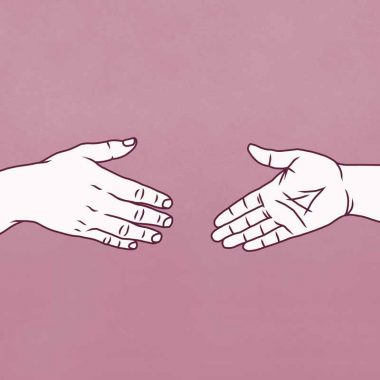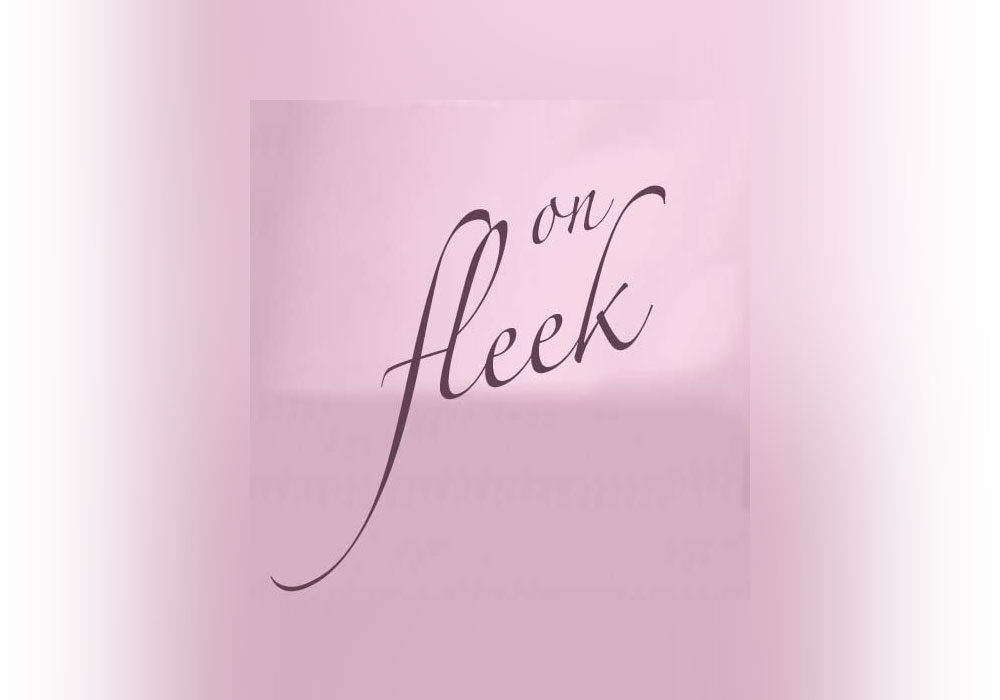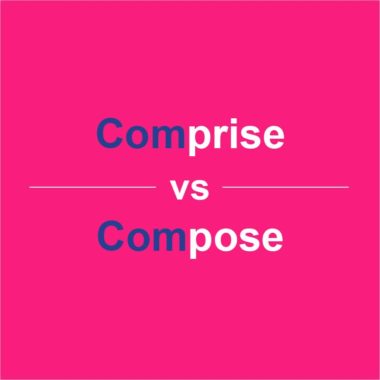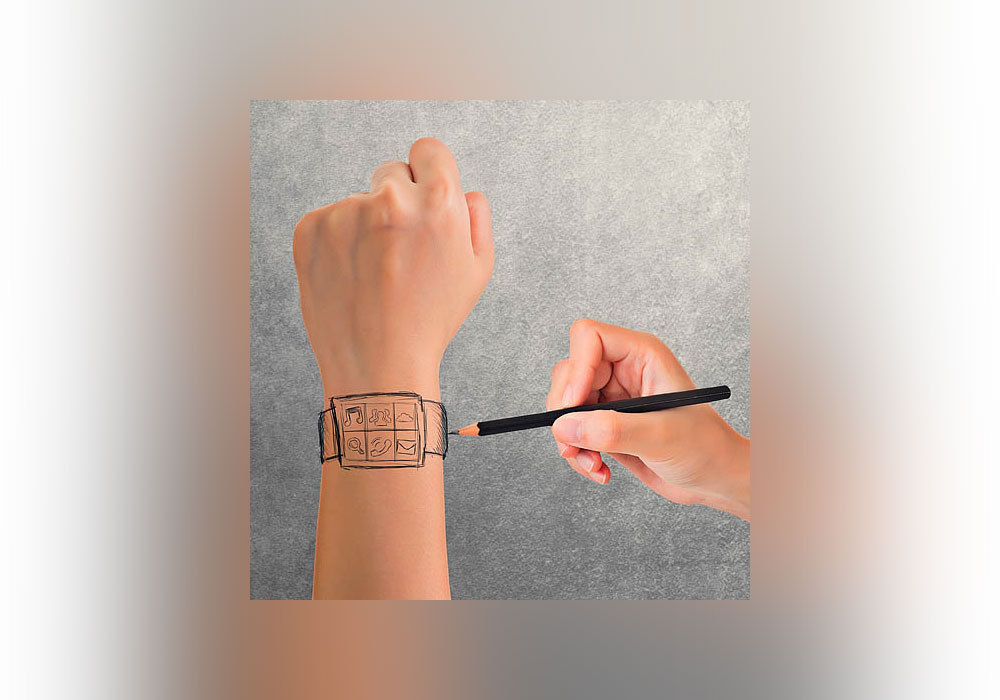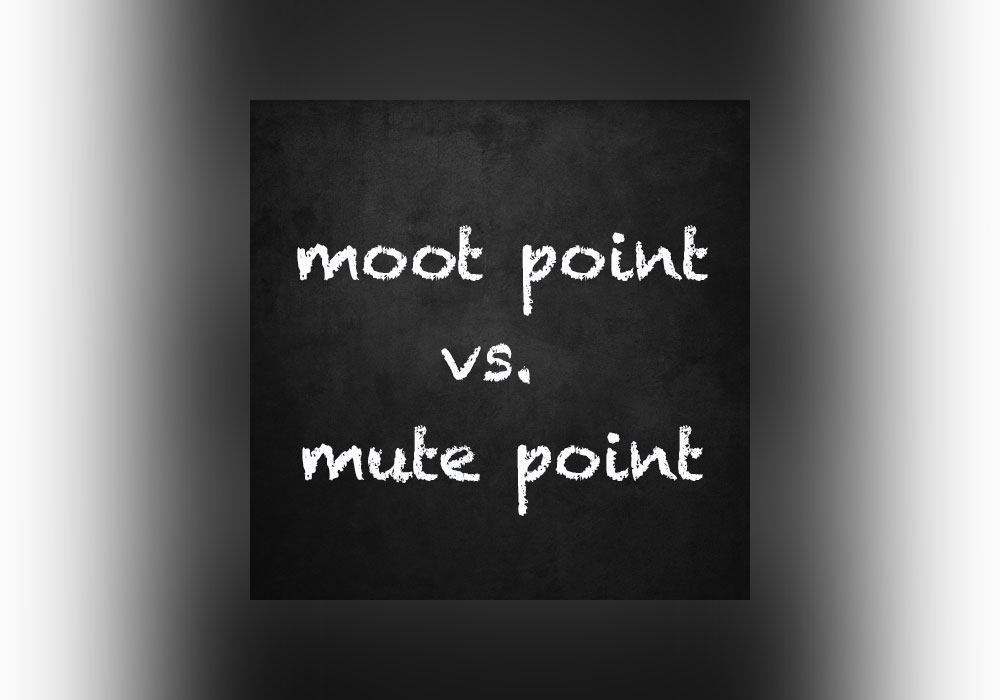What Does Calling Someone “Mom” On The Internet Mean?
While Kim Kardashian was busy “breaking the Internet” with her controversial photoshoot for Paper in November of 2014, New Zealand singer/songwriter Lorde was teaching the world—or at least her Twitter and Tumblr followers—about a new slang use of the word mom. How is mom used on the internet? These three little letters tweeted out by Lorde in response to Kardashian’s cover photo caused such confusion that the 18-year-old …
